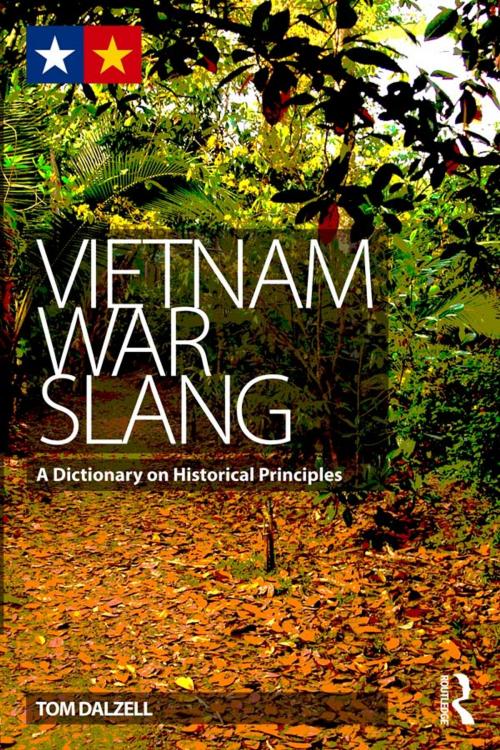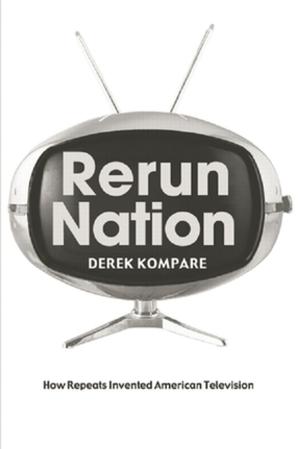Vietnam War Slang
A Dictionary on Historical Principles
Nonfiction, Reference & Language, Language Arts, Journalism, Foreign Languages| Author: | Tom Dalzell | ISBN: | 9781317661863 |
| Publisher: | Taylor and Francis | Publication: | July 25, 2014 |
| Imprint: | Routledge | Language: | English |
| Author: | Tom Dalzell |
| ISBN: | 9781317661863 |
| Publisher: | Taylor and Francis |
| Publication: | July 25, 2014 |
| Imprint: | Routledge |
| Language: | English |
In 2014, the US marks the 50th anniversary of the Gulf of Tonkin Resolution, the basis for the Johnson administration’s escalation of American military involvement in Southeast Asia and war against North Vietnam. Vietnam War Slang outlines the context behind the slang used by members of the United States Armed Forces during the Vietnam War.
Troops facing and inflicting death display a high degree of linguistic creativity. Vietnam was the last American war fought by an army with conscripts, and their involuntary participation in the war added a dimension to the language. War has always been an incubator for slang; it is brutal, and brutality demands a vocabulary to describe what we don’t encounter in peacetime civilian life. Furthermore, such language serves to create an intense bond between comrades in the armed forces, helping them to support the heavy burdens of war.
The troops in Vietnam faced the usual demands of war, as well as several that were unique to Vietnam – a murky political basis for the war, widespread corruption in the ruling government, untraditional guerilla warfare, an unpredictable civilian population in Vietnam, and a growing lack of popular support for the war back in the US. For all these reasons, the language of those who fought in Vietnam was a vivid reflection of life in wartime.
Vietnam War Slang lays out the definitive record of the lexicon of Americans who fought in the Vietnam War. Assuming no prior knowledge, it presents around 2000 headwords, with each entry divided into sections giving parts of speech, definitions, glosses, the countries of origin, dates of earliest known citations, and citations. It will be an essential resource for Vietnam veterans and their families, students and readers of history, and anyone interested in the principles underpinning the development of slang.
In 2014, the US marks the 50th anniversary of the Gulf of Tonkin Resolution, the basis for the Johnson administration’s escalation of American military involvement in Southeast Asia and war against North Vietnam. Vietnam War Slang outlines the context behind the slang used by members of the United States Armed Forces during the Vietnam War.
Troops facing and inflicting death display a high degree of linguistic creativity. Vietnam was the last American war fought by an army with conscripts, and their involuntary participation in the war added a dimension to the language. War has always been an incubator for slang; it is brutal, and brutality demands a vocabulary to describe what we don’t encounter in peacetime civilian life. Furthermore, such language serves to create an intense bond between comrades in the armed forces, helping them to support the heavy burdens of war.
The troops in Vietnam faced the usual demands of war, as well as several that were unique to Vietnam – a murky political basis for the war, widespread corruption in the ruling government, untraditional guerilla warfare, an unpredictable civilian population in Vietnam, and a growing lack of popular support for the war back in the US. For all these reasons, the language of those who fought in Vietnam was a vivid reflection of life in wartime.
Vietnam War Slang lays out the definitive record of the lexicon of Americans who fought in the Vietnam War. Assuming no prior knowledge, it presents around 2000 headwords, with each entry divided into sections giving parts of speech, definitions, glosses, the countries of origin, dates of earliest known citations, and citations. It will be an essential resource for Vietnam veterans and their families, students and readers of history, and anyone interested in the principles underpinning the development of slang.















